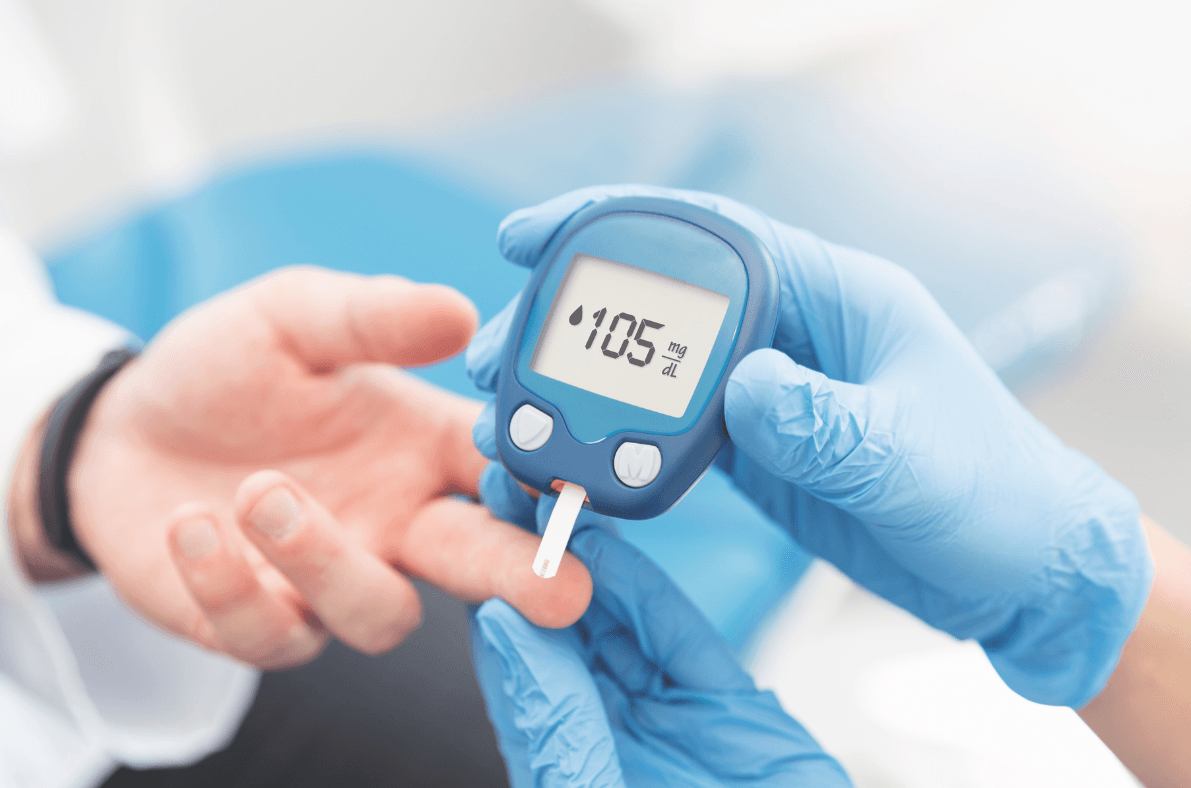Regular exercise is a crucial part of what it takes to maintain a happy and healthy life. From strengthening your mental health to reducing the risk of major illness, exercise is, in many ways, a remedy of its own.
While exercise is a part of many people’s lives by default, i.e., walking to work or school, cycling instead of driving, or taking part in active hobbies like football and running, others might not have the same opportunities.
Since daily routines are unique and not everyone gets the chance to incorporate physical activity into their day, going out of your way to dedicate time to regular exercise is essential if you want to enjoy better health. So, if you need to give yourself a bit of a motivational boost in this area, it’s worth checking out five of the top benefits exercise has to offer you.
1. Reducing the Risk of Chronic Disease
Studies show that if you exercise regularly, you are effectively reducing your risk of contracting many different types of chronic disease, such as heart disease, type 2 diabetes and various forms of cancer.
Your health is a long-term investment, and what better way to ensure you get to live a long and happy life – one that returns your investment – than to ward off illness with a little exercise?
2. Beating Depression
Depression can feel like a black hole that sucks away all ambition, happiness, and sometimes, feelings of any kind at all. Naturally, it can be difficult to think about exercise when you’re suffering from depression, but it’s important to recognise that it can be a good way of battling it.
Regular physical activity may be able to boost your mood and improve your mental state over time, reducing anxiety and engaging the brain at the same time. It’s mostly down to the happy hormones your body releases when taking part in exercise, which can work wonders for mental health.
Still, it’s important to seek help if you’re feeling depressed – you aren’t alone, even though it probably feels that way a lot of the time. You could check out GP online services if you want help remotely or if you need more advice on how exercise may be able to improve your situation.
You might also be able to use exercise to reduce your risk of becoming depressed again in the future – many people cite exercise as a form of natural anti-depressant, which again, is often the result of the positive hormones flowing through the body during and after exercising.
3. Losing Weight
Exercise can help you lose excess weight and maintain a healthy weight whilst improving your metabolism, reducing the risk of several diseases and increasing your energy levels throughout the day.
To get the most out of weight loss and other health benefits exercise can offer, it’s important to always include some aerobic exercise into your routine – this helps get your heart rate up and your blood properly circulating around your body.
4. Boosting Your Endurance
If you feel as though you could do with keeping your energy levels up a little better throughout the day, then it’s worth noting that regular exercise can boost your endurance levels.
The more you exercise, the greater your endurance becomes over time, even if you only take on a moderate intensity. Plus, this increase in stamina and fitness usually occurs fairly quickly in the beginning when you commit to regular exercise, so you may be able to see results early on.
5. Lowering Your Blood Pressure
High blood pressure is linked to plenty of nasty diseases and mental health conditions, so it’s crucial to keep it under control – and exercise is a great way to aid you in this.
Exercise can make sure your blood vessels and heart stay fresh and healthy, allowing you to lower your blood pressure altogether.











